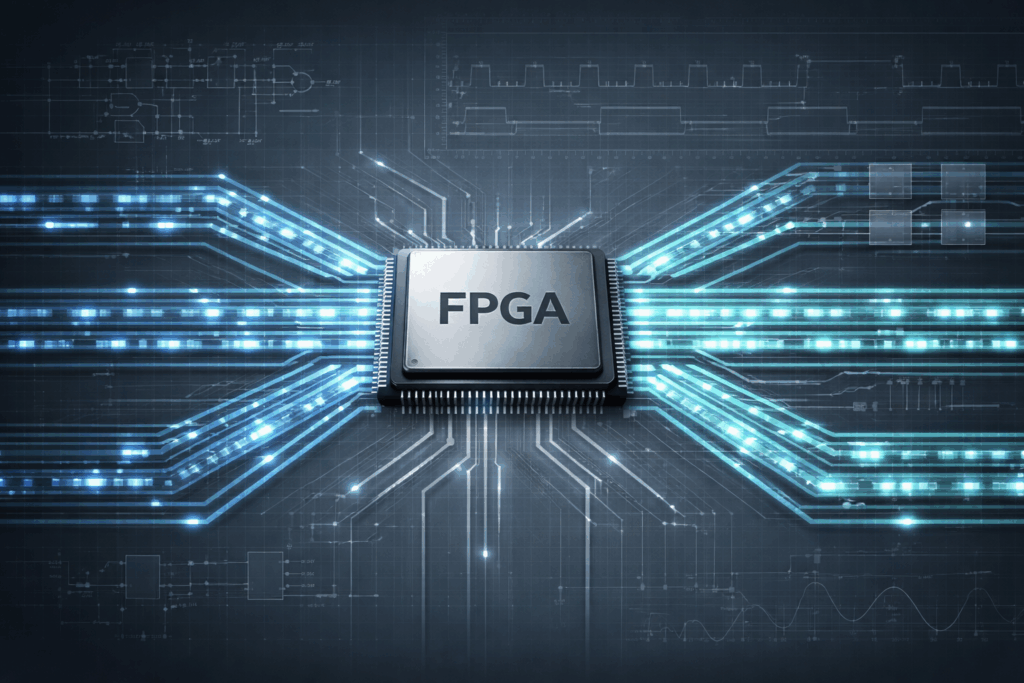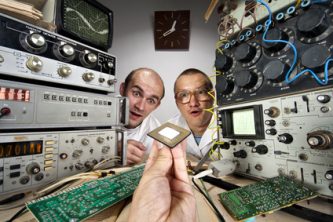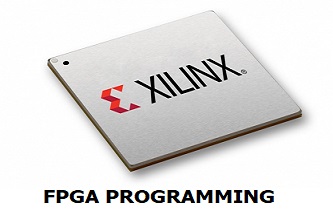Harmonizing Supercomputer and Quantum Computer
Demand for computing power is on the rise, leading to a growing consumption of resources to support these calculations. While conventional computers have seen their processor clock speeds plateau at a few GHz, performance enhancements in recent years have centered around the parallelization of tasks using multi-core systems. These systems are commonly found in High-Performance Computing (HPC) centers, where they operate as fast networked multi-node computing clusters. However, the increase in computing power has only been linear with the number of nodes.
Instead of relying solely on a homogeneous setup of identical nodes, the focus has shifted towards utilizing heterogeneous infrastructures. These infrastructures consist of specialized nodes or accelerators like GPUs or NPUs, each designed to optimize specific calculations. Quantum physicist Thomas Monz, an assistant professor at the University of Innsbruck and CEO of the spin-off AQT, highlights the potential of quantum accelerators for HPC computers. Quantum computers have the ability to solve certain problems in fields like chemistry and materials science much faster than traditional computers.
At the University of Innsbruck and AQT, researchers and developers have embarked on a project called HPQC to explore the integration of quantum computers into HPC environments. Leveraging standardized interfaces for quantum computers, the team successfully connected the UIBK-operated computing cluster "LEO5" with the "IBEX Q1" quantum computer at AQT. This milestone sets the foundation for future research and development of quantum-enabled solutions within heterogeneous infrastructures.
The integration of quantum computers into HPC environments opens up new possibilities for tackling complex problems that were previously infeasible with classical computing methods. By combining the strengths of traditional computing clusters with the capabilities of quantum accelerators, researchers aim to push the boundaries of computational power and efficiency. This collaboration between academia and industry represents a significant step towards unlocking the full potential of quantum computing in practical applications.
As quantum computing continues to evolve and mature, the synergy between quantum and classical computing systems is expected to drive innovation across various scientific and technological domains. The successful integration of quantum computers into HPC environments marks a pivotal moment in the quest for achieving unprecedented computational capabilities. With ongoing research and development efforts, the future holds promising prospects for harnessing the power of quantum technologies to address complex challenges and accelerate scientific breakthroughs.











